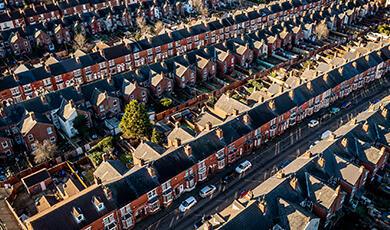British cities are facing serious problems of housing shortages and high prices, of inadequate investment in basic infrastructure of water and sewage, and of financial strain on local government.
This lecture series looks back to the Victorian era when Britain became the world’s first urban nation. It resolved a serious crisis of public health and low investment in the urban infrastructure – a process epitomised by Joseph Chamberlain’s mayoralty of Birmingham or Herbert Morrison’s leadership of London County Council. There was a debate over the boundary between private or collective provision, which moved towards collective action.
Since the 1980s, there has been a move back to private action and the balance has changed in three areas: the provision of housing, investment in basic utilities and the financial capacity of local government. What solutions can be found for our current problems, and what lessons can be learned from cities in other countries?


 Login
Login



